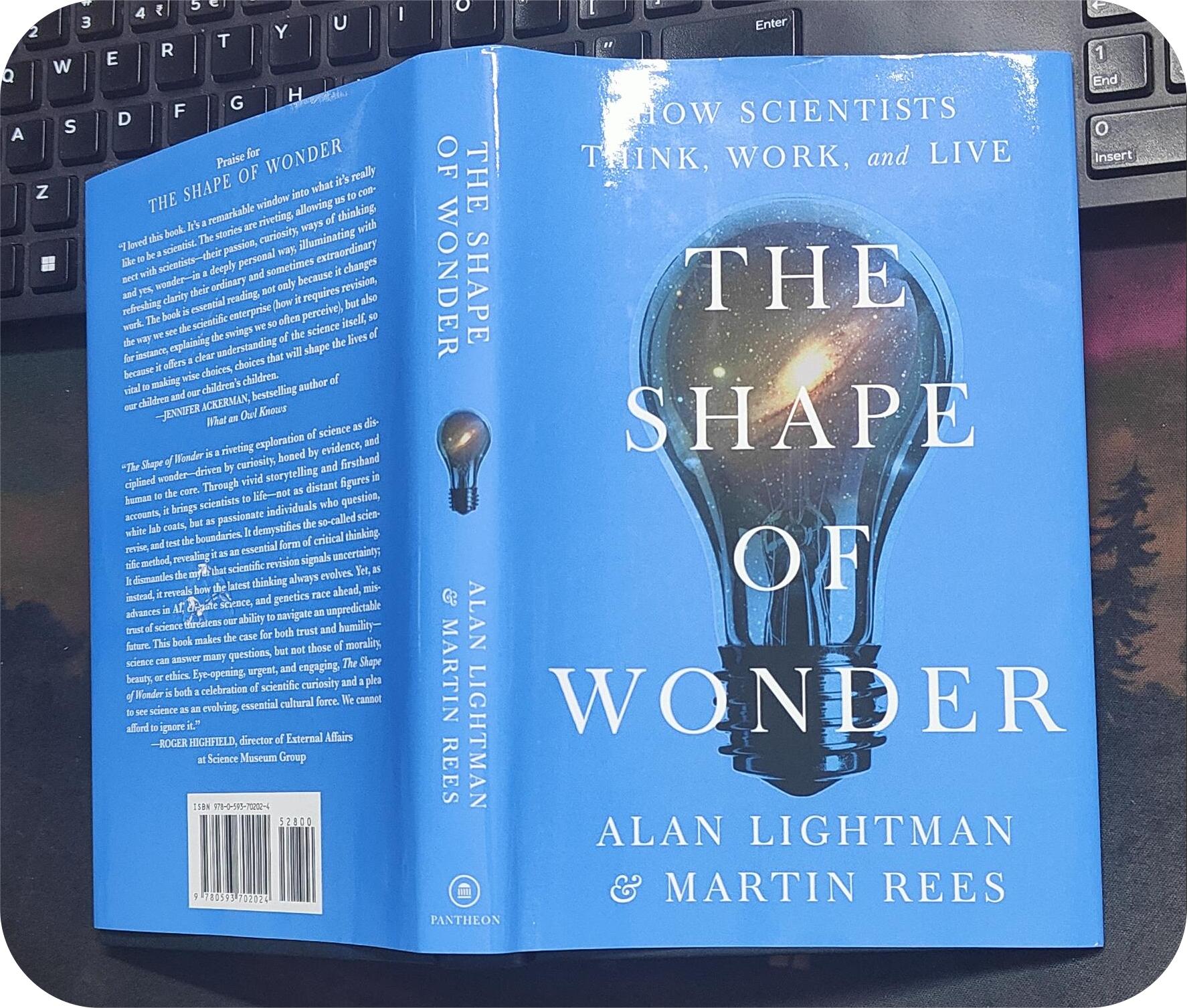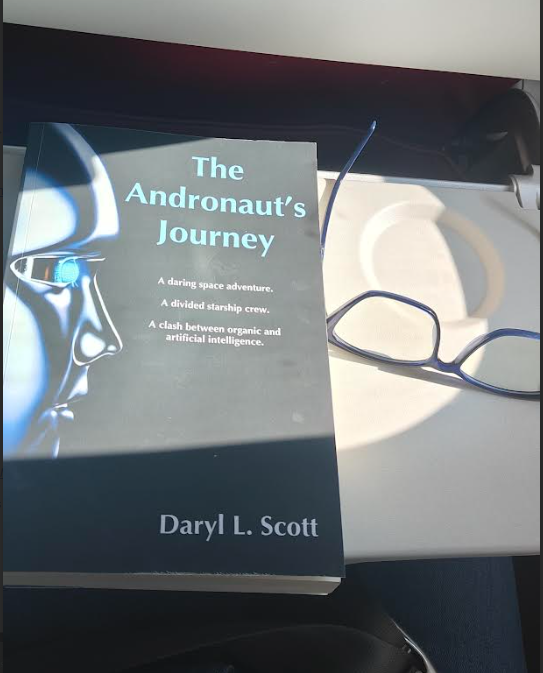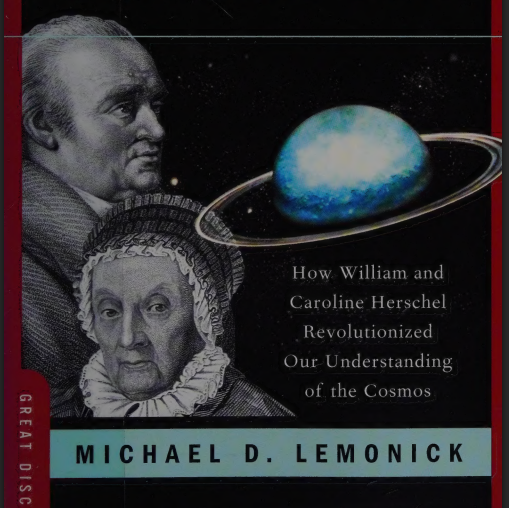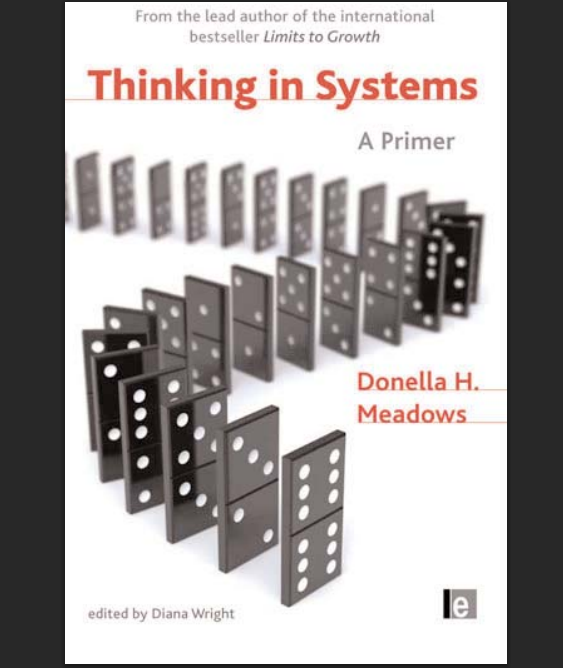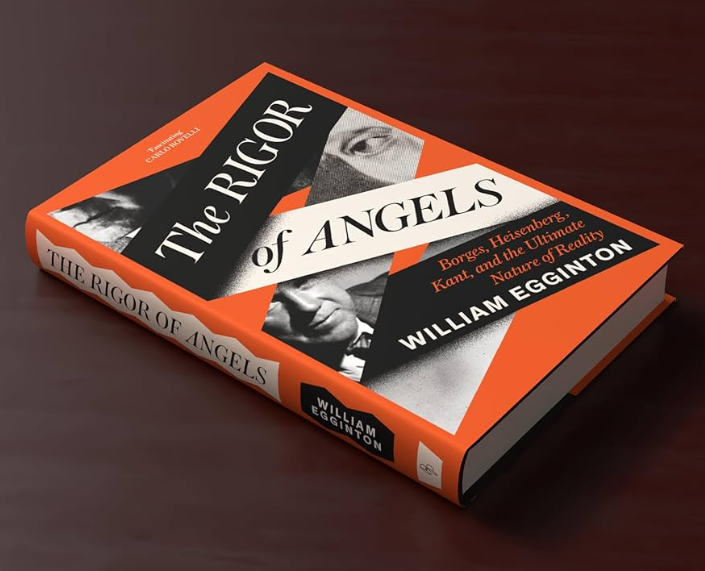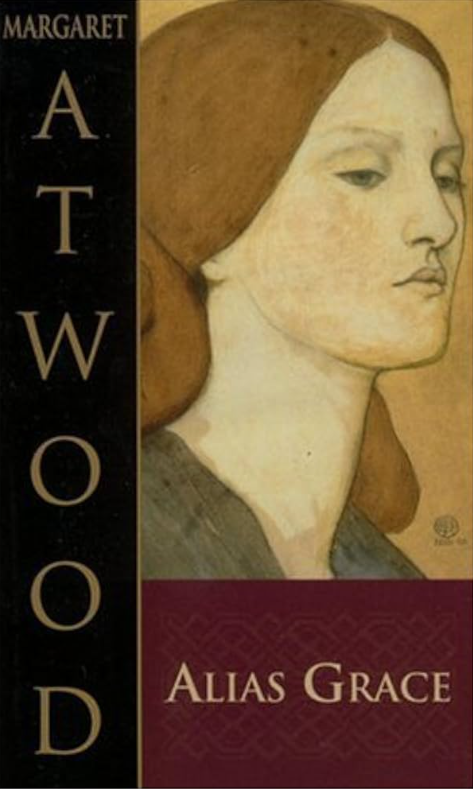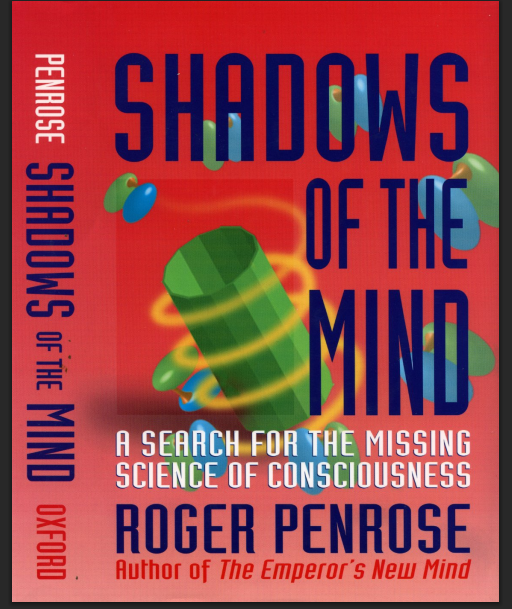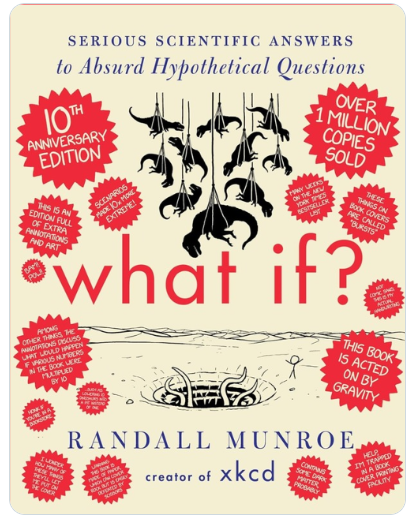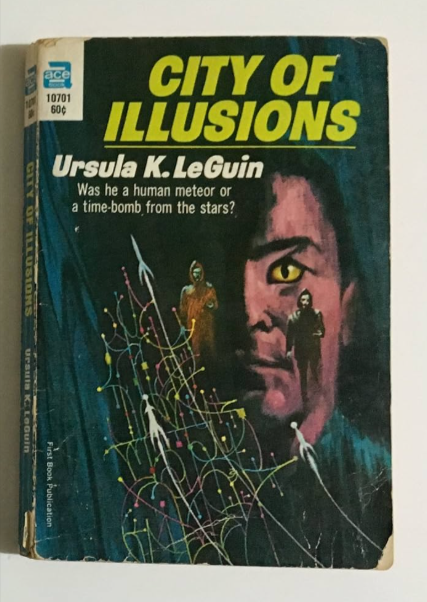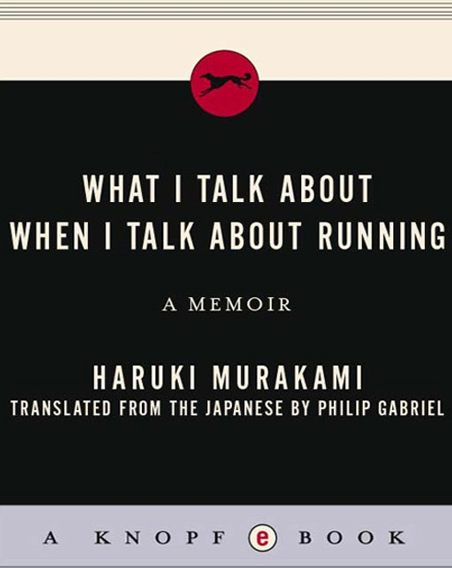I’ve never been particularly good at math (at school) and when it comes to physics, the equations made me squint. And yet, I find myself completely captivated by the mechanics of how we fling those massive capsules filled with humans into space. And somehow bring them back alive.
Read MoreTag: book review
Book Review: Cybernetics by Norbert Wiener
What if our brain is actually a computer? I can trace that thought back to growing up with Small Wonders on television in the mid-1990s (in India it was aired during the times). That strange little serial where a machine didn’t just calculate, but learned and slowly began to feel familiar.
Read MoreBook Review: Encounter with Tiber By Buzz Aldrin and John Barnes
Every year as December winds down, I try to close with a book on a topic which is very close to my heart, a ritual I have been trying to do for some time now. This time, the book found me. I thought I’d close with Spaceman but then landed with Encounter with Tiber. It was first published in 1966 by former astronaut Buzz Aldrin and science fiction writer John Barnes. And the book didn’t disappoint me, by page thirty I knew I wasn’t just reading science fiction, I was…
Read MoreBook Review: The Shape of Wonder by Alan Lightman & Martin Rees
Scientists and researchers are my intellectual heroes. I’ve spent years reading their papers, following their work, running a science and tech website that tracks breakthrough research. And in between, I’ll admit, I used to wonder what they actually do when they’re not thinking about science.
Read MoreBook Review: The Andronaut’s Journey by Daryl L. Scott
Last week I was flying across cities because of office work and this time, I was accompanied by Daryl L. Scott’s debut novel The Andronaut’s Journey.
Read MoreBook Review: The Georgian Star by Michael D. Lemonick
I have always imagined what must have been going through the minds of those early scientists when they first thought of exploring space and eventually came up with the idea of a telescope.
Read MoreBook Review: Meditations by Marcus Aurelius
This week I decided to re-visit Marcus Aurelius’s Meditations. Philosophy is something that I dive in every now and then as it grounds me amidst the noise of daily life, reminding me that clarity often comes not from adding more, but from subtracting what is unnecessary. This book is not a regular self help book, in fact it wasn’t written to publish in the first place, it’s more towards Aurelius’s personal manual or notes scribbled in a tent between battles.
Read MoreBook Review: Thinking in Systems by Donella H. Meadows
A couple of months ago, I gave this book a quick skim and realized it talks about the idea of systems thinking. That instantly caught my interest and made me want to explore it in more depth. I was actually about to order a copy when, luckily, I came across the PDF edition provided by Florida Tech. A huge thanks to them for making this resource accessible.
Read MoreBook Review: The Rigor of Angels by William Egginton
I’ve always been drawn to the meeting points between literature, science, and philosophy, and to the big ideas that shape how we understand the world. Egginton’s work centers on literature, intellectual history, and the intersections between literature, science, and philosophy. Those are areas I’m drawn to as well, which is probably why I decided to read, The Rigor of Angels. The book, written by William Egginton was first published in 2023.
Read MoreBook Review: Alias Grace by Margaret Atwood
Alias Grace is a historical fiction book by Canadian author Margaret Atwood. It was first published in 1996. I like the storytelling technique of Atwood, the flashbacks and the narration takes the reader to contemporary times. The story of Alias Grace is based on a real woman named Grace Marks, who was from Ireland and moved to Canada in the 1800s. She was found guilty of helping to kill her boss, Thomas Kinnear, and his housekeeper, Nancy Montgomery. These murders were very violent and shocking. Grace was sentenced to death,…
Read MoreBook Review: Shadows of the Mind by Roger Penrose
Exactly a year ago, I closed The Emperor’s New Mind by Sir Roger Penrose, slid it onto my bookshelf, and just stood there for a second….The book didn’t just earn a spot on my shelf, it earned a permanent place in my head.
Read MoreBook Review: What If? by Randall Munroe
Let me start by confessing something, even after reading a lot about the science behind it, I probably couldn’t explain how entropy works in thermodynamics without sneaking a quick peek at Wikipedia. But I am, without apology, obsessed with questions – the weirder, the better.
Read MoreBook Review: City of Illusions by Ursula K. Le Guin
I just finished City of Illusions, and it’s one of those books that quietly works its way under your skin. It’s the third in Le Guin’s Ekumen series, but you can read it on its own too, as a standalone novel. It was first published in 1967.
Read MoreBook Review: A Wild Sheep Chase by Haruki Murakami
Have you ever felt like you’re dreaming with open eyes? If not, read A Wild Sheep Chase by Haruki Murakami. Last year, when I first read Kafka on the Shore, I remember closing the book and staring into nothing for a full minute. It was the kind of book that makes silence hum with meaning. Today, after finishing A Wild Sheep Chase, I felt that same humming.
Read MoreWhat Began as a Review of Murakami’s Running Memoir Became a Personal Meditation on Resilience and Movement
What would the writings of Murakami be if not fiction? That question caught my attention, kind of like a loose thread dangling from an old, comfy sweater. I kept thinking about it over and over. Because if you really sit with Murakami’s novels, Kafka on The Shore, The City and Its Uncertain Walls, Norwegian Wood, A Wild Sheep Chase (currently reading) to name a few, then you’re aware of how important cats, well, metaphysical side doors, rivers, clouds, flash-backs, memories, blurring effect of reality and dreams, music, solitude are these.…
Read More



